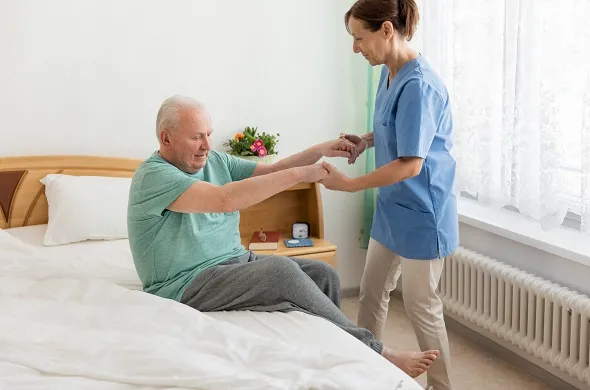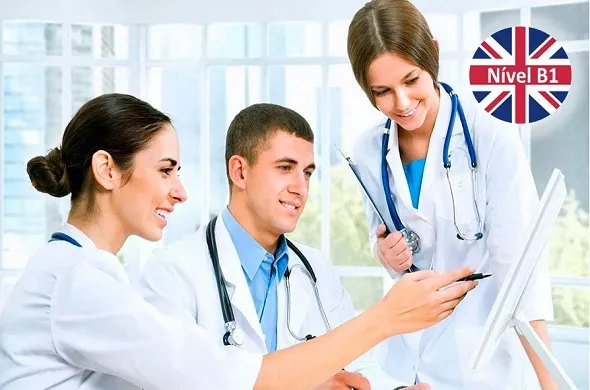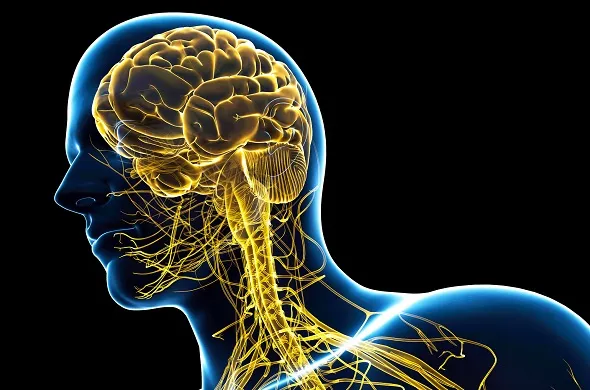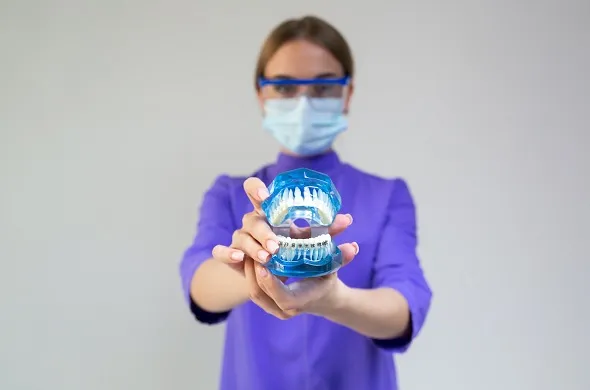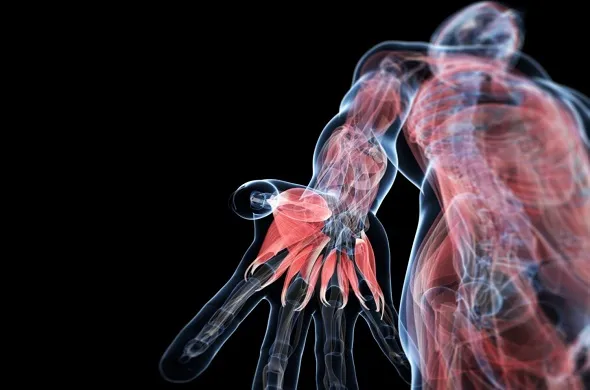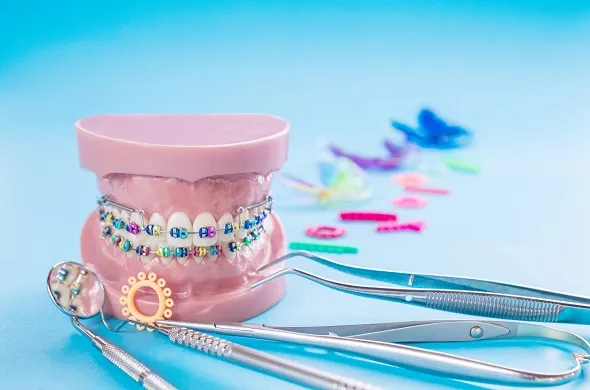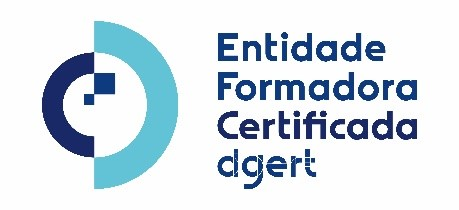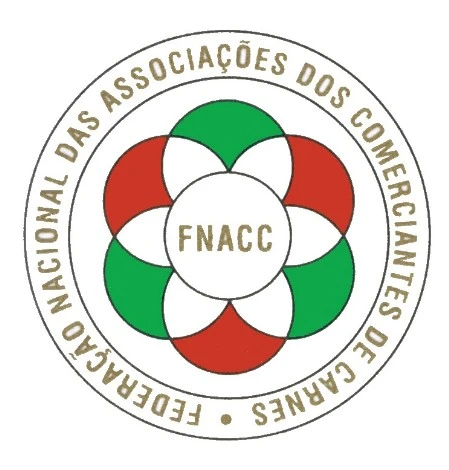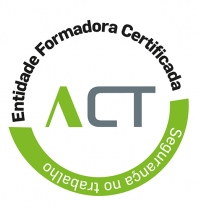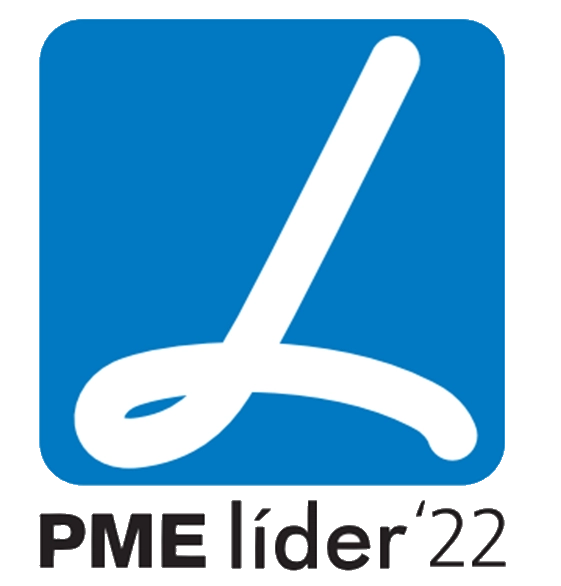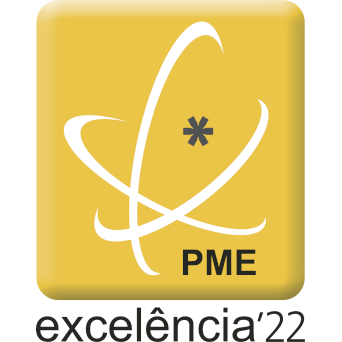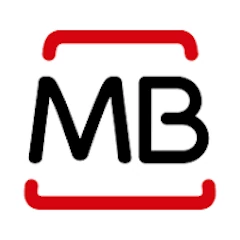
Curso de Formação Inglês Técnico - Profissionais de Saúde (Nível B2)
Possibilidade de pagamento faseado.
- 45 dias (60h)

-
E-learning: início imediato
ou
Presencial: 25 de fevereiro de 2026
Obtenha conhecimentos Avançados de Inglês Técnico na área da Saúde
Aumente as suas competências de comunicação em inglês para o próximo nível, com o curso de Inglês Técnico - Profissionais de Saúde (Nível B2) da Cognos. Domine o vocabulário e as particularidades da linguagem médica em situações complexas, como pesquisas, apresentações internacionais e congressos médicos.
Benefícios:
1. Comunicação fluente e precisa em inglês técnico avançado em diversos contextos da área da saúde
2. Maior segurança e autonomia em situações complexas, como apresentações de pesquisas e congressos internacionais
3. Aumento de ofertas de emprego e promoção em instituições internacionais
4. Reconhecimento como profissional altamente qualificado e especialista em saúde no cenário global
Informações Adicionais
Destinatários
- Estudantes;
- Profissionais da Saúde;
- Outros potenciais interessados que pretendam iniciar uma carreira profissional no setor da Saúde.
Objetivo Geral
Objetivos Específicos
- Desenvolver as suas competências de compreensão e expressão orais e escritas;
- Utilizar o seu próprio referencial linguístico em Inglês para definir certos conceitos e distingui-los;
- Alargar o seu vocabulário técnico da área da saúde;
- Desenvolver as suas competências de expressão escrita, formando frases simples;
- Ouvir, compreender e reproduzir em Inglês-padrão vocábulos técnicos.
Certificado
Equipa Formativa
Comunique com eficácia em Saúde (Nível B2) - Diferencie-se em ambiente hospitalar!
Para além de desenvolver conhecimentos avançados de Inglês Técnico, este é o curso certo para Profissionais de saúde que desejam assumir cargos de liderança em instituições nacionais e internacionais, melhorando as capacidades de gestão de equipas multilíngues e, de gestão de projetos internacionais. Por outro lado, a certificação que irá obter é um fator diferenciador na construção do seu percurso profissional
Plano Curricular
- General vocabulary about a hospital team
- The National Health System
- Working in a team
- Medical jobs/ hospital staff/ medical teams/ Shifts
- Nurses and midwives/ organisation of care/ the ward round
- Being part of a team / Team work
- Medical specialties
- Verb+prepositions
- Word combinations
- Pronunciation: main stress
- Being polite/ Appropriate responses
- Present perfect and past Simple
- Patient admissions
- Medical terms
- Welcoming a patient on admission
- Checking a patient’s identity bracelet
- Medical equipment used for observations
- Charting and documentation
- Abbreviations
- Talking about patients – nouns and verbs
- Parts of the body
- Accidents
- Emergency
- Fractures
- Causes of injury
- Paramedic work
- Accident prevention measures
- Adverbs of manner
- Adjectives and adverb degrees
- Verb tenses
- Present
- Politeness
- Signs, symptoms, illnesses and complaints
- Presenting complaints
- Pain and pain assessment
- Describing pain
- Abbreviations
- Medical terms: Word stress
- Personal details
- Verb tenses in the presenting complaint
- Documentation: case histories and case reports
- Advances in pain management
- Prescription and drugs
- The British National Formulary
- Dealing with medication
- Guidelines for prescription
- Abbreviations
- Administering medications
- A drug chart
- Medical staff conversation
- Benefits and side effects
- Adverse drug reaction and prevention
- To know your medicines
- A nurse practitioner
- Medical staff conversation
- Concordance
- Explain side effects: may/ can
- Functions of blood
- Blood, oxygen and other chemicals
- Blood and blood vessels
- Blood groups
- Problems with blood groups
- Blood donation
- Blood disorders
- Blood pressure
- Hypertension
- Diabetes
- Lifestyle changes
- Proper hygiene
- Preventing infection
- Infection control
- Universal precautions
- Hand washing instructions
- Patient communication
- Personal care
- British slang
- Medical staff interaction
- Giving instructions
- Explaining procedures
- Vital signs
- Patient conditions check form
- BP monitors (Sphygmomanometer and digital)
- IV care
- IV therapy
- IV summary
- IDCs
- Catheters
- Wound management
- Medical record
- Visual clues
- Psychiatry
- Appearance, behavior and manner
- Depressive illnesses
- Psychiatric symptoms
- Self-harm
- Depression
- Mental state examination
- High risk groups
- Describing patients
- Examining patients
- Wishes and consequences in negotiations
- Past simple and past perfect
- Phrasal verbs
- Verbs with prepositions
- Pronunciation – week form
- Food and nutrition
- Lifestyle
- BMI
- Overweight and obesity
- Ideal diet
- Hospital diet
- Nurse-patient Interaction
- Exercise
- Showing empathy and sympathy
- Modal verbs for encouraging and making suggestions
- Normal ageing
- Normal changes
- Geriatric nursing
- Parkinson’s and Alzheimer’s
- Would, used to, get used to, be used to
- Rehabilitation
- Purpose and reason
- Special equipment
- Discharching patients
- Discharging forms and letters
- Nurse’s discharge notes
- Referring a patient
- Confidentiality
- Transferring a patient
- Patient care team
- Nurse-patient interaction
- Death and dying
- Breaking bad habits
- Reactions to bad news
- Patient’s emotions
- Terminal illness
- A nurse’s Job
- Relatives
- Donating organs
- Coping mechanisms
- Memories
- Likes (preferences) and dislikes
Construa uma carreira internacional - obtenha as ferramentas certas para isso!
O domínio do inglês técnico avançado é crucial para o sucesso profissional na área da saúde num mundo cada vez mais globalizado. Com o curso da Cognos, investe no seu futuro e abre portas para as melhores oportunidades na construção de uma carreira internacional.
Construa uma carreira internacional - obtenha as ferramentas certas para isso!
O que dizem os nossos Formandos
Conheça os testemunhos de quem aposta frequentemente
na aprendizagem e
na valorização
pessoal e profissional, confiando na Cognos para atingir
esse objetivo.
Curso de Formação Inglês Técnico - Profissionais de Saúde (Nível B2)

Viviana Rosa
"Acho que o modelo é bastante interessante, principalmente para quem vive em sítios distantes de centros de formação. Assim, foi muito bom ter esta oportunidade de enriquecer o meu currículo."
Ver mais
Tatiana Santos Vieira
"Excelente acompanhamento, com sugestões e correções muito úteis e que possibilitaram o aperfeiçoar das competências linguísticas e de escrita."
Ver mais
Sofia Brígido Gouveia da Graça Moura
"Foi com muito gosto e interesse que realizei o curso e, tive um excelente acompanhamento e esclarecimento de dúvidas por parte da formadora. Agradeço a disponibilidade e esclarecimento de todas as dúvidas por parte da equipa da Cognos. Muito obrigada. "
Ver mais










